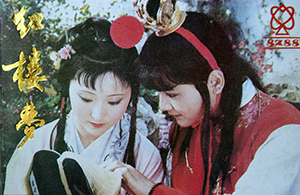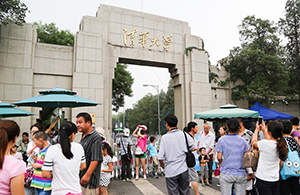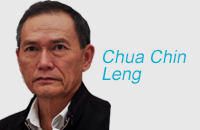Liang's trial tests US social justice
(China Daily) Updated: 2016-04-26 06:59
 |
|
Protesters support former New York Police Officer Peter Liang outside a Brooklyn courthouse before his sentencing for manslaughter in the killing of Akai Gurley, in New York, April 19, 2016. [Photo/Agencies] |
At his sentencing, the charge against former New York City police officer Peter Liang, the rookie cop convicted of the fatal shooting of a black man, Akai Gurley, in a Brooklyn housing project, was reduced from manslaughter to criminally negligent homicide; as a result he was sentenced to five years probation and 800 hours of community service.
The final developments of the case are yet to be known, but the polarized reactions it has sparked between the Asian-American and African-American communities reflects the deep schisms in US society as a result of its prevailing political and cultural practices.
For a long time, different ethnic groups in the United States have been given different labels, although all of them have made huge contributions to the US economic and social development. For example, those of Asian origin, including those from China and India, are labeled as "model minorities". Such a "good label" does not result from a lack of prejudice, it is the result of comparing Asian-Americans with other minorities.
Such comparisons have to some extent widened the psychological distance between the two communities. While consolidating the "superiority complex" of white Americans, such an artificial division has weakened the mutual identification and integration among different minorities, and aggravated the discrepancies between their perceptions of the same events.
As far as Liang's case is concerned, Chinese-Americans believe they are an alien group and so they felt they needed to take the initiative to promote a fair trial. However, African-Americans believe they are in a much weaker position and so they felt they needed to make efforts to defend their rights and interests during the trial.
Liang's case and other high-profile officer-involved shootings will increase the sense of insecurity among ethnic groups in the US and exacerbate the divides that already exist in US society.
--Beijing News
- Peter Liang's case victory for American Chinese community
- Peter Liang will not serve time in prison
- Liang avoids jail in fatal shooting
- Judge in Liang case 'thoughtful, diligent'
- Peter Liang sentencing postponed
- In Liang case, attempt to unite 2 groups
- Liang juror accused of lying
- Asian group asks for leniency in Liang sentencing

I’ve lived in China for quite a considerable time including my graduate school years, travelled and worked in a few cities and still choose my destination taking into consideration the density of smog or PM2.5 particulate matter in the region.











